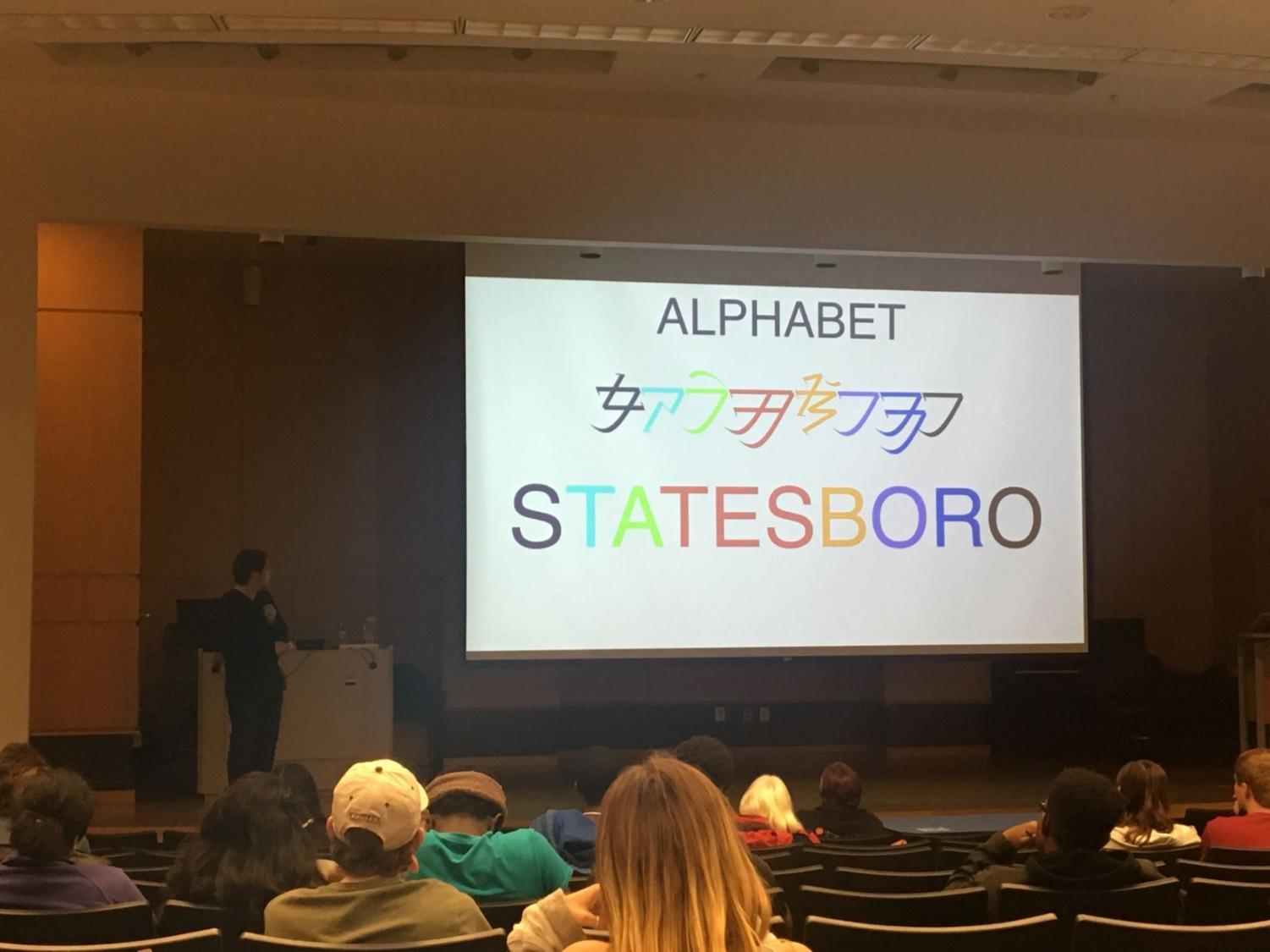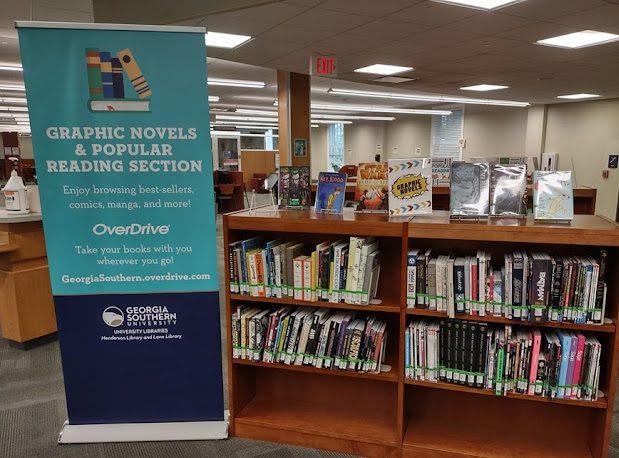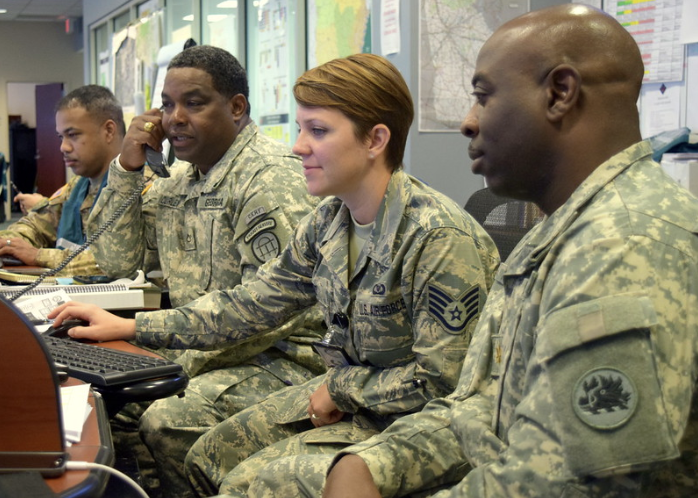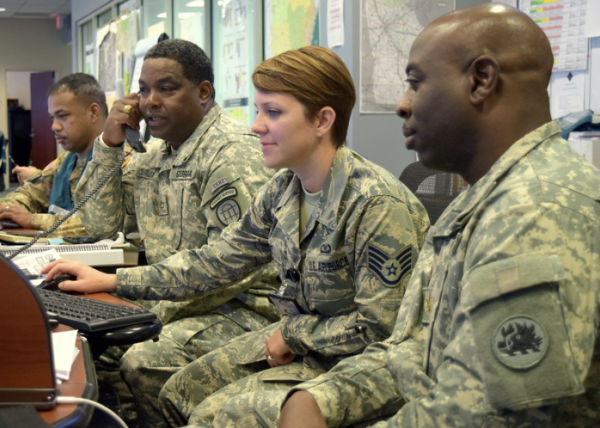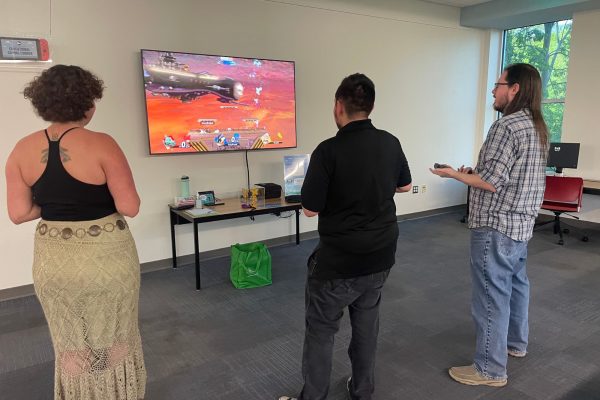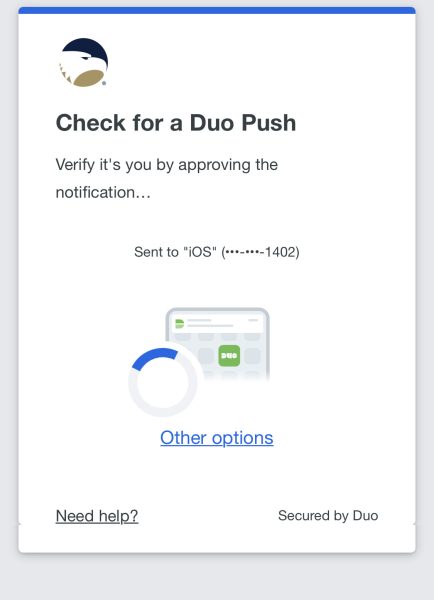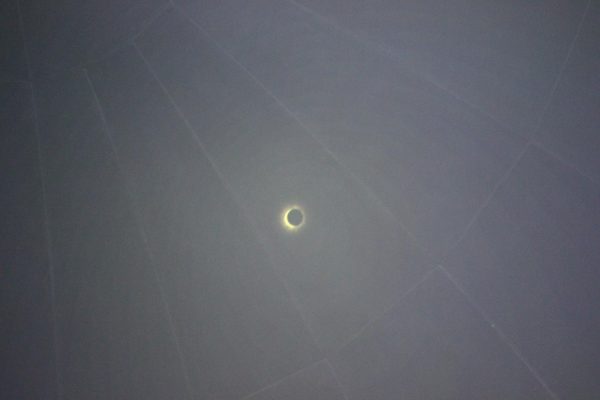What you missed from Game of Thrones language creator David Peterson’s visit to GS
February 13, 2017
“Skoriot ñuhyz zaldrīzesse ilzi.”
In High Valyrian, that means, “Where are my dragons?”
High Valyrian is a language that linguist David Peterson created specifically for the show, Game of Thrones. However, this is not the only show or film that he has created a language for. Peterson has created languages for shows like The 100, Star-Crossed, Emerald City and Defiance. He has even created languages for movies, such as Doctor Strange, Warcraft and Thor: The Dark World.
His career, though, launched when he had to compete with other fellow linguists to be able to write the language for Game of Thrones.
“I participated in a competition to get the job for Game of Thrones with other language creators. It was a badly designed competition, because it was going to go to the person with the most free time and most desperate, and that was me. So, it was bad. It was basically do the job and HBO will decide who was going to get paid for it,” Peterson said.
When he started working for the HBO show, Game of Thrones, he had one goal in mind when he finished forming the new language.
“So when I’m called in to create a language for a television show, what I try to do is I try to create a naturalistic language, a language that is more like one of the ones that we find here on earth,” Peterson said.
According to Peterson, when he has to create a new language for a TV show or a film, it takes him about six months to a year, but in Hollywood, that is not always the case.
To create a language a linguist must look at different aspects in order to create it.
“For a created language to be successful, the grammar, the sound of the language, the culture and history of the speakers must all work together and must be considered in the creation process,” Heidi Altman, associate professor of anthropology, said.
When Peterson finishes forming the sound system and the grammar, and how the language has evolved over time through culture and its history, a language is formed. From there, he starts to transcribe parts of the script for a movie or TV show into the language he has created. When he transcribes the language, he also provides an MP3 for the actors so that they know how to properly pronounce the words that Peterson wrote.
Brady Gwynn, sophomore English and French major, said, “It was fascinating that he drew from existing phonetics to create a brand new, genuine, vibrant language.”

